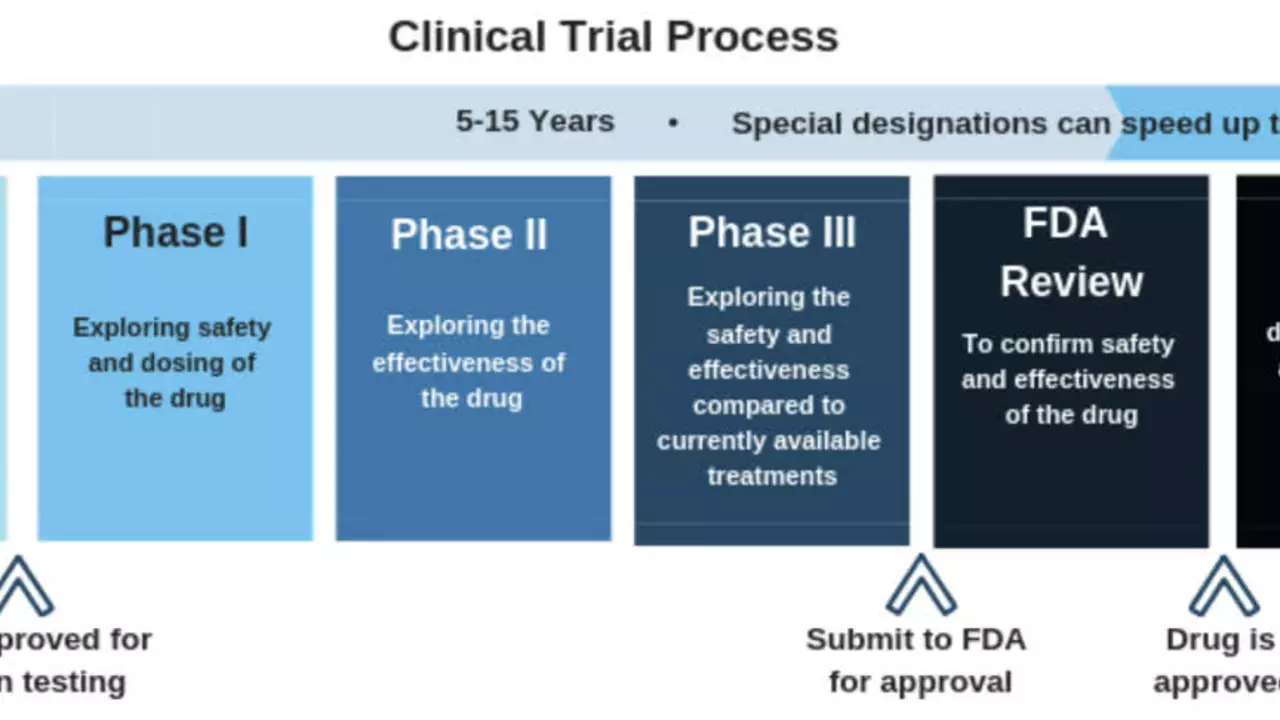Drug regulation: what you need to know before buying medicine online
Buying medicine online can save time and money, but drug regulation exists for a reason: to keep you safe. Regulation tells you which drugs need a prescription, which pharmacies are legal, and how medicines should be made and labeled. Knowing a few simple checks cuts your risk of getting fake, expired, or dangerous medication.
How to check an online pharmacy
First, look for a real license. In the US you can check a pharmacy with the state board or the NABP/Verified Internet Pharmacy Practice Sites (VIPPS). In the UK check the MHRA register, and in Australia look for TGA-listed suppliers. If a site won’t show a license or gives only a phone number, walk away.
Second, watch for basic safety signals: a secure https site, clear contact details, a real street address, and visible pharmacist credentials. Sites that sell prescription-only drugs without asking for a prescription are breaking the rules and are likely unsafe. A legitimate online pharmacy will ask to see your prescription and may offer a pharmacist consultation.
Third, check packaging and product details. Real medicines list the active ingredient, dosage, batch number, expiry date, and manufacturer. If labels are missing, translations look off, or prices seem unrealistically low, that’s a red flag. You can often cross-check the product’s batch or manufacturer on official regulator sites.
Know the rules before you buy
Prescription rules differ by country. Many drugs—antibiotics, controlled substances, some heart and psychiatric meds—need a prescription everywhere. Some countries allow limited importation of personal-use medications but cap amounts. Before ordering, check customs and import rules where you live; seizure or legal trouble can result from ignoring them.
Controlled substances have extra checks. Telemedicine can legally prescribe many drugs, but controlled medicines often require in-person exams or stricter telehealth rules. If a site promises controlled meds fast and without a proper consult, that’s a strong warning sign.
Adverse events and counterfeit medicines should be reported. In the US use FDA MedWatch; other countries have similar reporting tools. Reporting helps regulators spot problems and protects other patients.
Finally, be practical about interactions and storage. Even a real pharmacy won’t catch every drug interaction—use your doctor or pharmacist to double-check, especially if you take multiple medicines. Store drugs as labeled: some need refrigeration, others must stay dry and cool. Expired drugs can lose strength or become unsafe.
On ClearSkyPharmacy.Biz you’ll find step-by-step guides on buying specific drugs, tips for spotting fake pharmacies, and explanations of prescription rules in several countries. Use those guides along with the checks above to make safer choices when ordering meds online.
Short checklist: verify license, require a prescription, check product details, follow import rules, and report problems. Follow these steps and you’ll avoid most common risks tied to online medicine purchases.
The History of Flibanserin: From Development to FDA Approval
Flibanserin, famously known as the "female Viagra", has an interesting journey to FDA approval. Initially developed as an antidepressant, it was repurposed in response to women's sexual health needs. Despite initial rejections due to concerns about its side effects, it gained FDA approval in 2015. Now, it's a key player in addressing hypoactive sexual desire disorder in premenopausal women. It's a fascinating example of drug evolution and the power of persistence in the pharmaceutical industry.
© 2026. All rights reserved.

